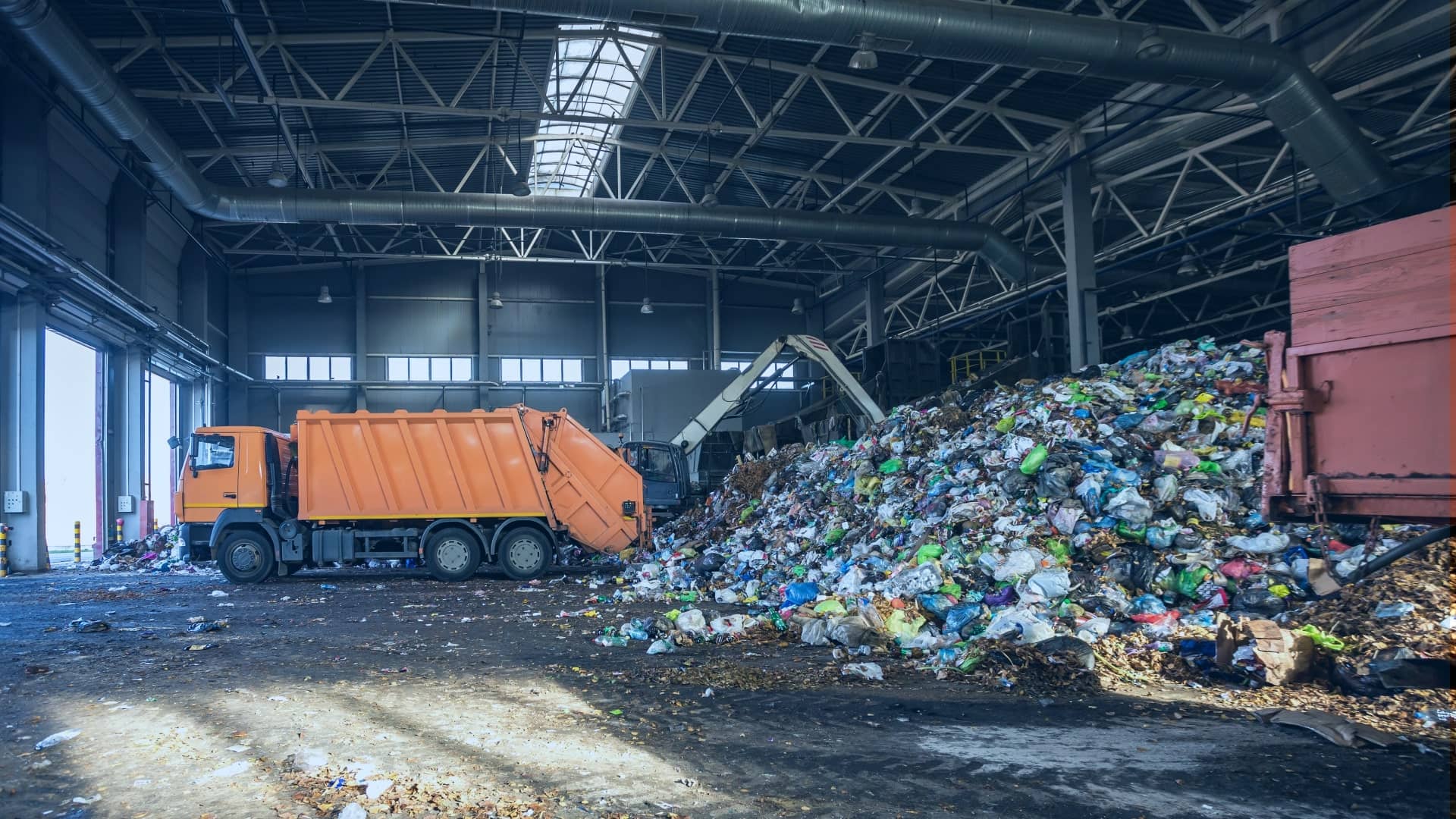Things about Reclaim Waste
Things about Reclaim Waste
Blog Article
Some Ideas on Reclaim Waste You Need To Know
Table of ContentsFacts About Reclaim Waste UncoveredThe Buzz on Reclaim WasteOur Reclaim Waste PDFs10 Easy Facts About Reclaim Waste DescribedHow Reclaim Waste can Save You Time, Stress, and Money.
Check out the types, events, and types of fluid waste. Domestic sewage waste refers to the waste and items from a residential septic storage tank. This sort of waste is created by people in homes, colleges, and other buildings. This only consists of septic tanks that have a drainpipe area. The correct administration and disposal of residential sewer waste call for liquid waste to be transferred to a sewage treatment plant where the proper methods and tools are put on detoxify and take care of waste.
Commercial waste typically includes potential dangers, such as flammable materials or a mix of fluid and solid waste products, and requires an extra advanced and in-depth disposal procedure. The disposal of business waste usually entails the filtering of waste prior to transportation to make certain safe and proper disposal. Hazardous waste is created from byproducts and drainage of industrial processes and manufacturing.
This type of waste can not make use of the exact same sewage management transport or processes as septic or business liquids. The industrial waste administration process calls for the assessment and screening of fluid waste before it undergoes the disposal procedure (liquid waste removal melbourne). Runoff waste is the liquid waste that originates from runoff and excess stormwater in extremely inhabited areas or cities
Runoff waste can trigger contamination and flooding if not handled correctly. Guaranteeing appropriate waste monitoring can avoid calamities and lower ecological harm.
The Buzz on Reclaim Waste
Get in touch with PROS Solutions today to learn regarding our waste monitoring and disposal solutions and the correct ways to take care of the fluid waste you create.
(https://giphy.com/channel/reclaimwaste1)Do you know what takes place to your water when you draw the plug, purge the toilet or drain the cleaning device? No? Well, it deserves understanding. This so-called 'wastewater' is not just an essential resource but, after treatment, will certainly be launched to our land, rivers or the ocean. Made use of water from toilets, showers, baths, cooking area sinks, washings and industrial procedures is referred to as wastewater.

water utilized to cool machinery or clean plant and devices). Stormwater, a kind of wastewater, is drainage that streams from agricultural and urban locations such as roofing systems, parks, gardens, roadways, courses and gutters right into stormwater drains, after rain. Stormwater streams untreated directly to regional creeks or rivers, at some point getting to the sea.
The Best Strategy To Use For Reclaim Waste
In Queensland, the majority of wastewater is dealt with at sewage therapy plants. Wastewater is delivered from domestic or industrial websites with a system of sewage systems and pump stations, referred to as sewerage reticulation, to a sewage treatment plant. Regional federal governments build, preserve and run most sewer treatment plants. Operators are accredited under the Environmental Security Act 1994 to discharge treated wastewater at an acceptable environmental criterion right into rivers.
The Division of Natural Resources suggests local federal governments concerning handling, operating and keeping sewage systems and treatment plants. In unsewered areas, city governments may need owners to install individual or family sewage treatment systems to treat residential wastewater from toilets, kitchens, restrooms and laundries. The Department of Natural Resources authorises making use of house systems when they are confirmed to be reliable.
In some brand-new neighborhoods, treatment of some stormwater to remove trash, sand and crushed rock has actually started making use of gross toxin traps. Wastewater treatment happens in 4 stages: Eliminates strong matter.
Utilizes small living microorganisms recognizes as micro-organisms to damage down and eliminate continuing to be liquified wastes and fine bits. Micro-organisms and wastes are incorporated in the sludge.
Some Known Details About Reclaim Waste
Nutrient elimination is not available at all sewer therapy plants since it requires expensive specialised devices. Clear fluid effluent produced after therapy may still have disease-causing micro-organisms - liquid waste removal.

This usually means wastewater has to be treated or pollutants removed before it can be discharged to waterways. The majority of wastewater moves into the sewerage system. Under the Act, neighborhood governments carry out authorizations and permits for environmentally pertinent tasks (ERAs) entailing wastewater releases that may have a regional influence. The division provides approvals and licences to Ages involving wastewater releases that could have a regional or statewide influence.
More About Reclaim Waste
Tracking gives accurate details regarding water top quality and can validate that permit problems are being fulfilled. The information gotten through monitoring provides the basis for making water quality webpage choices.
Report this page